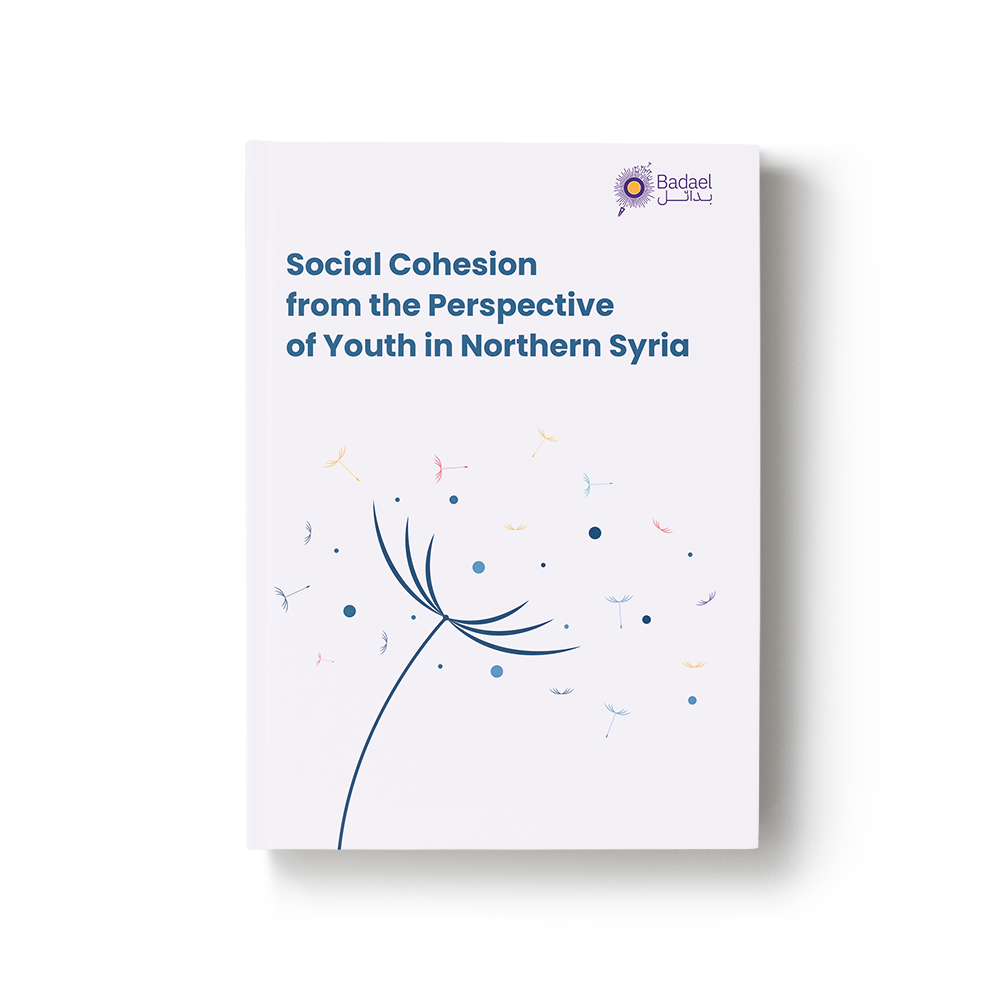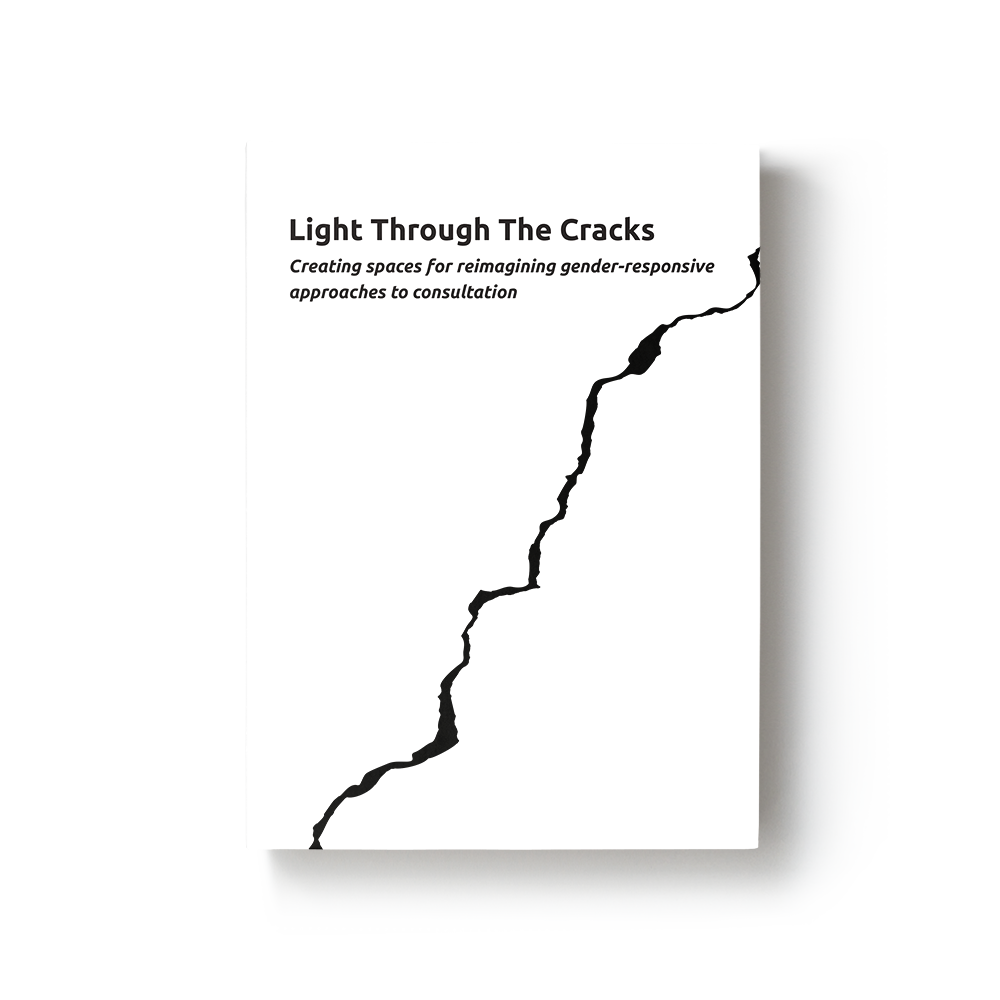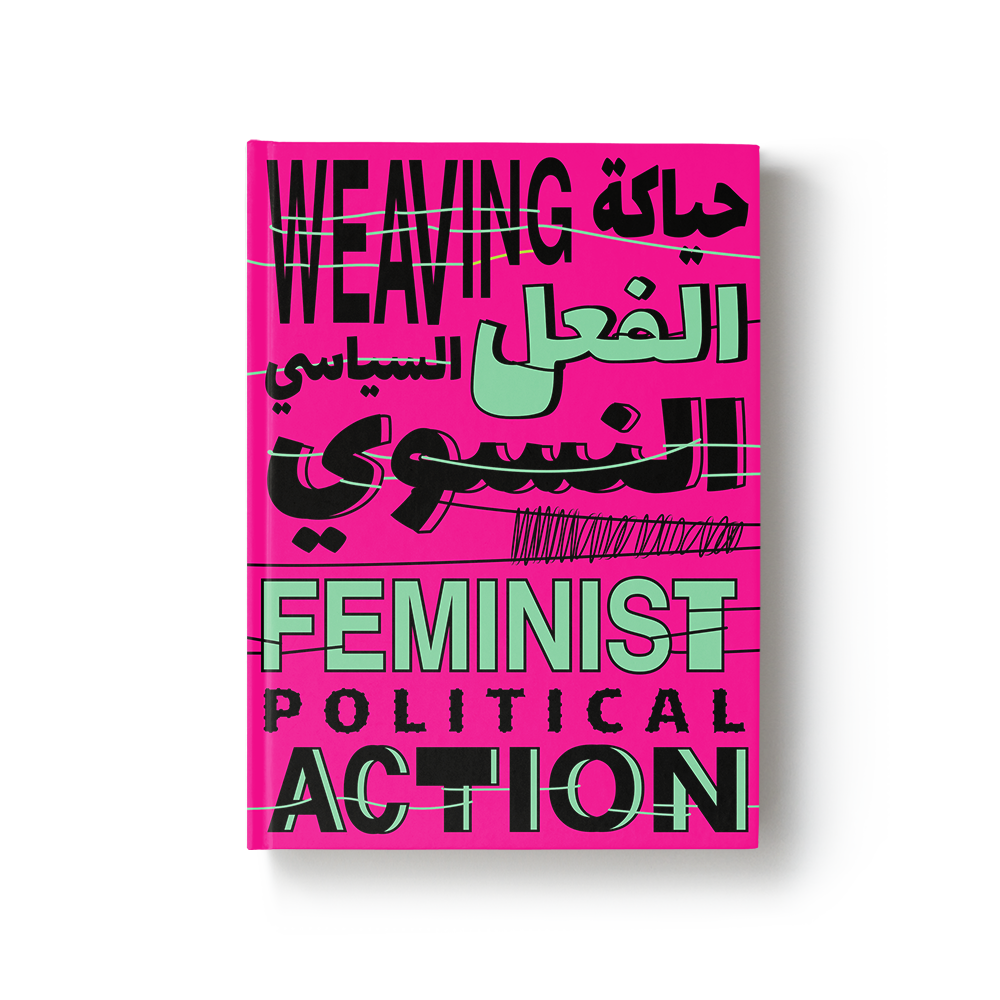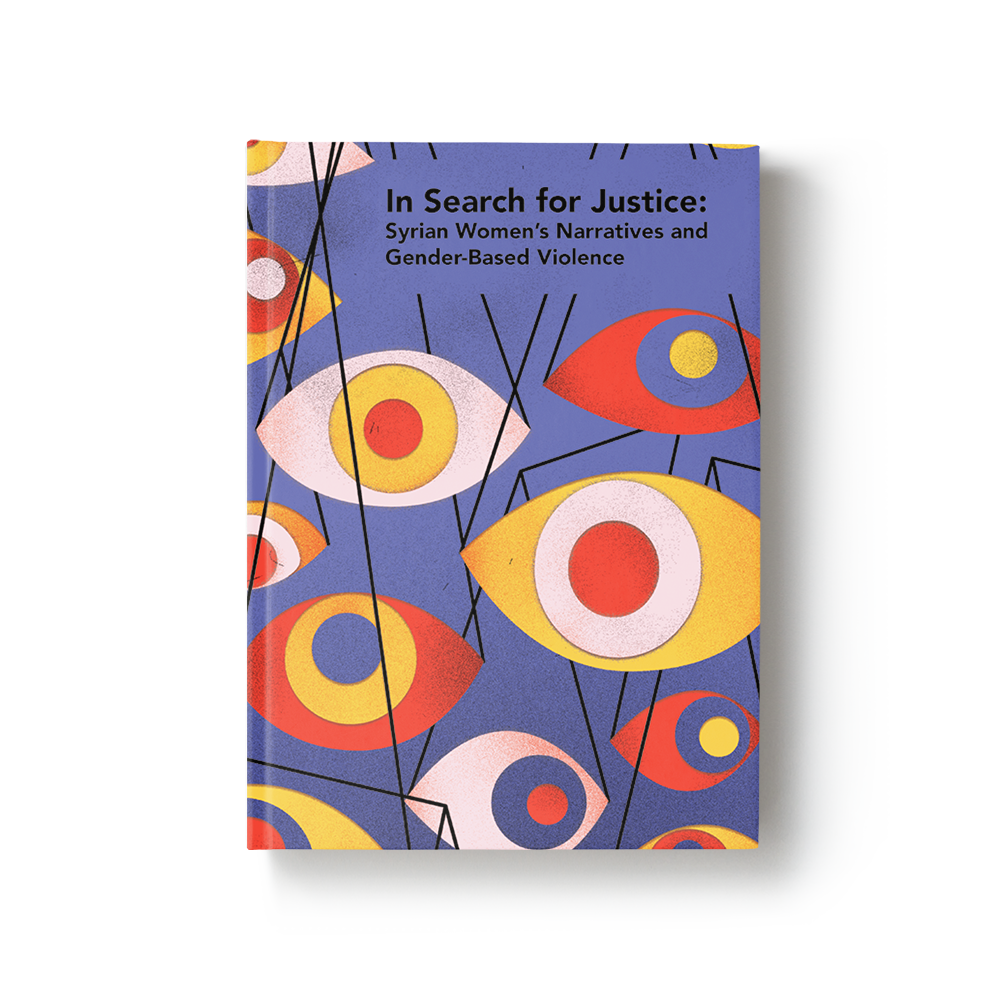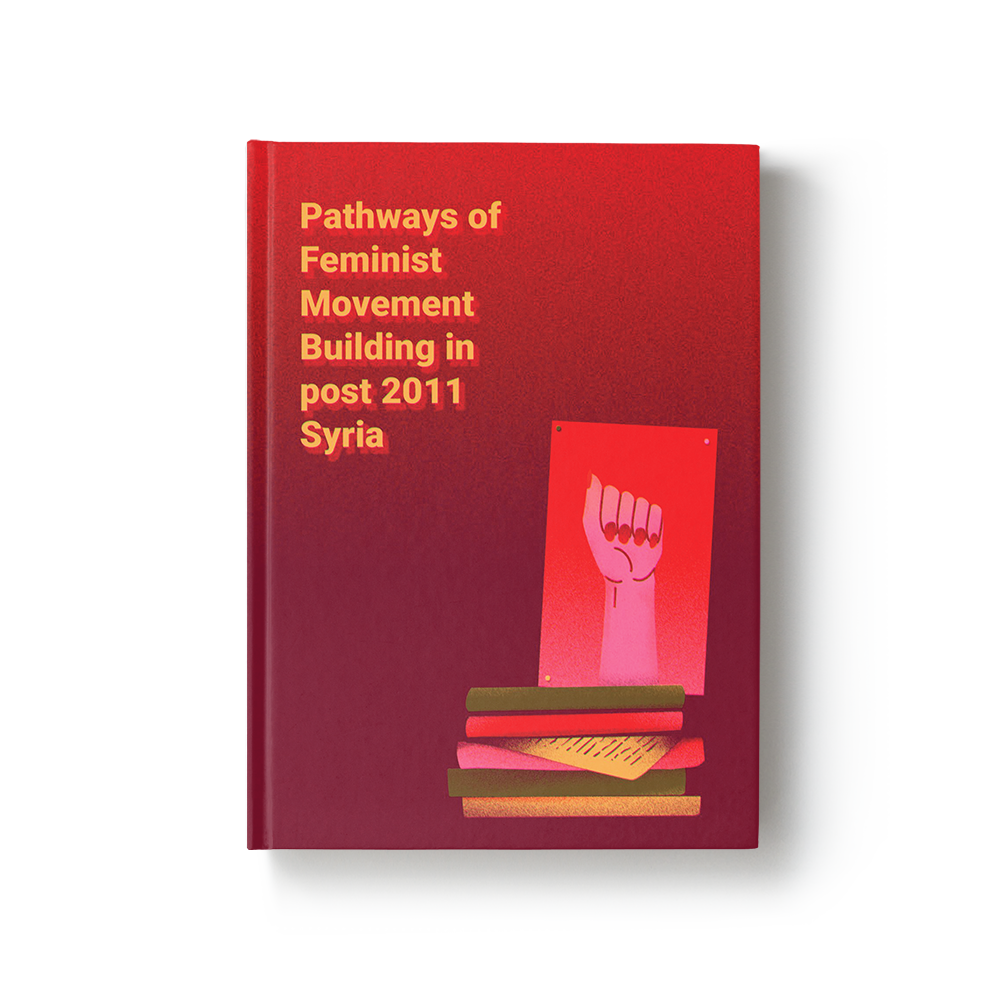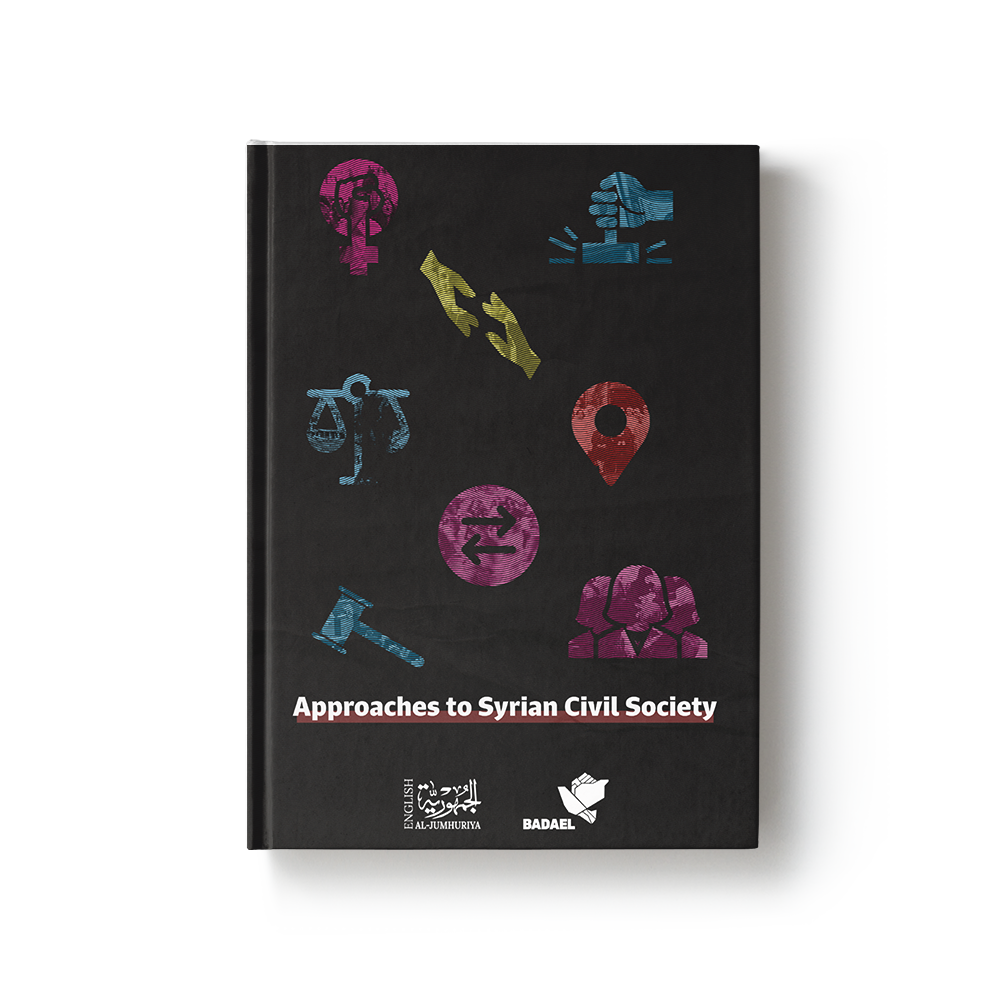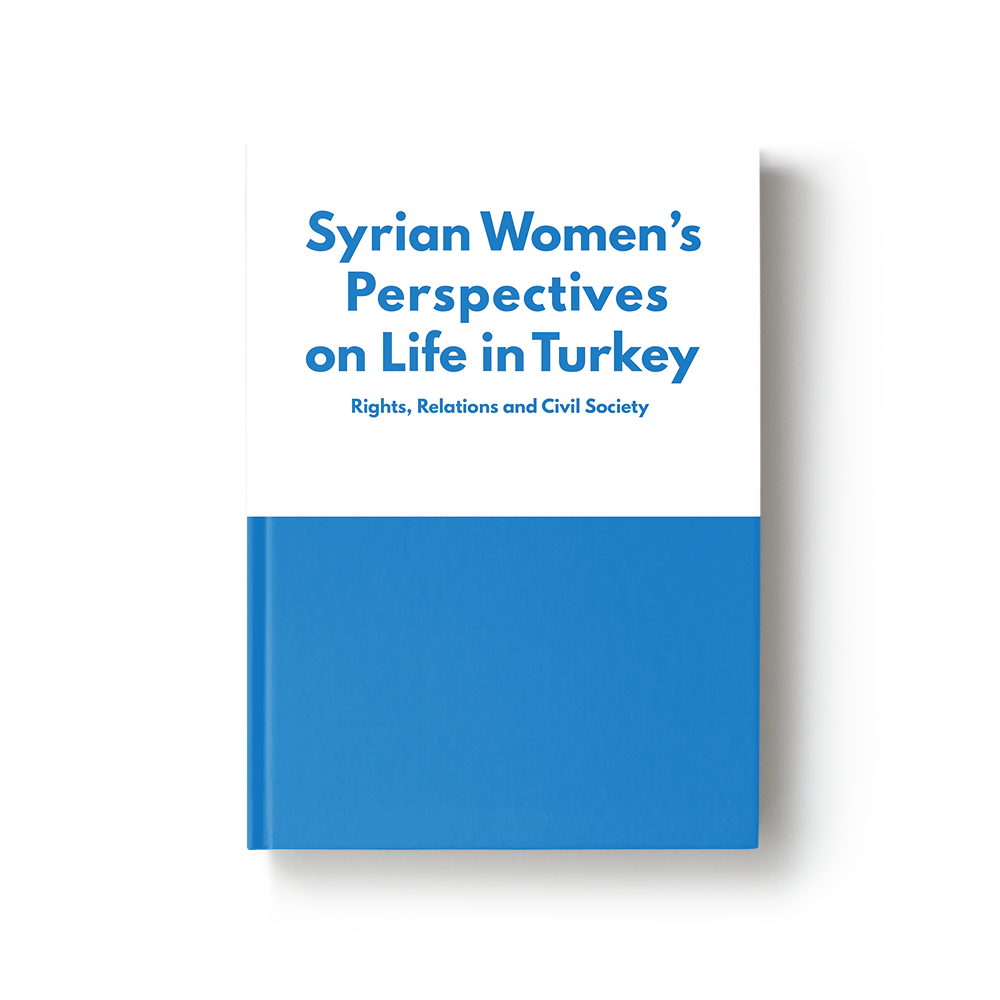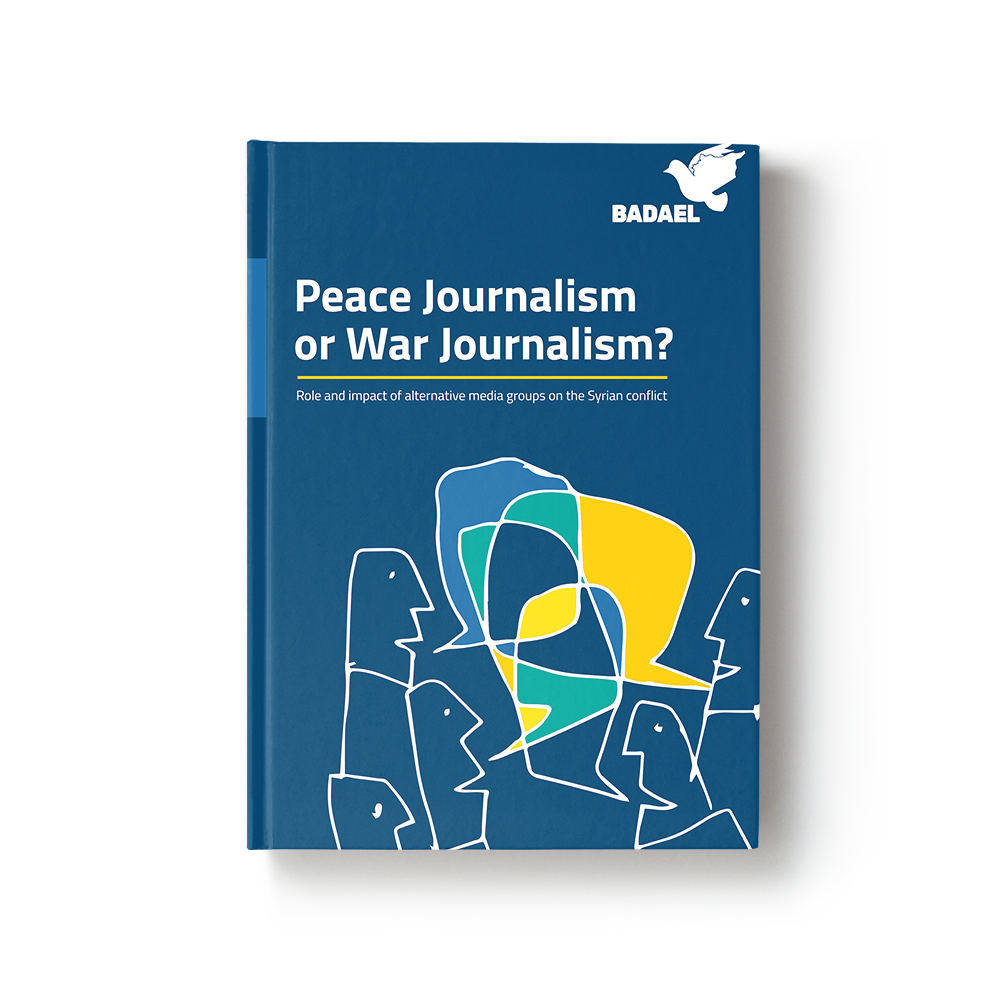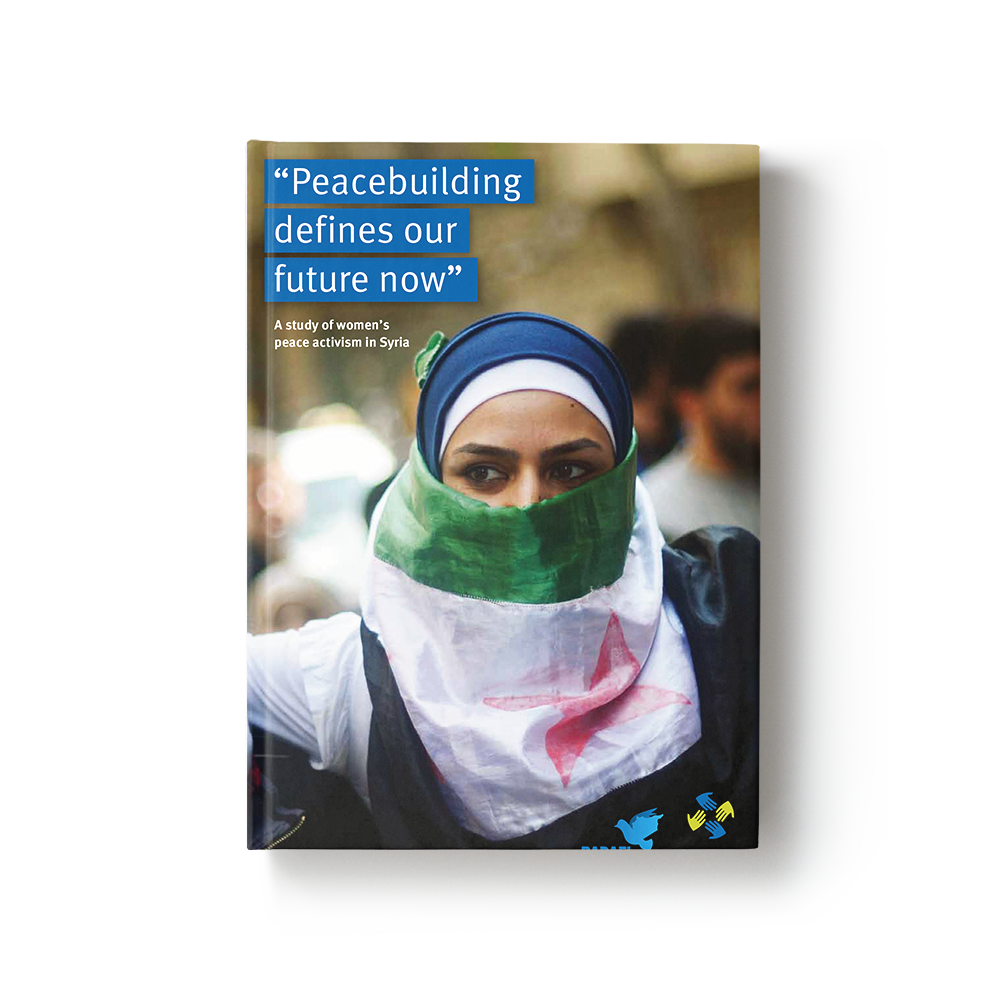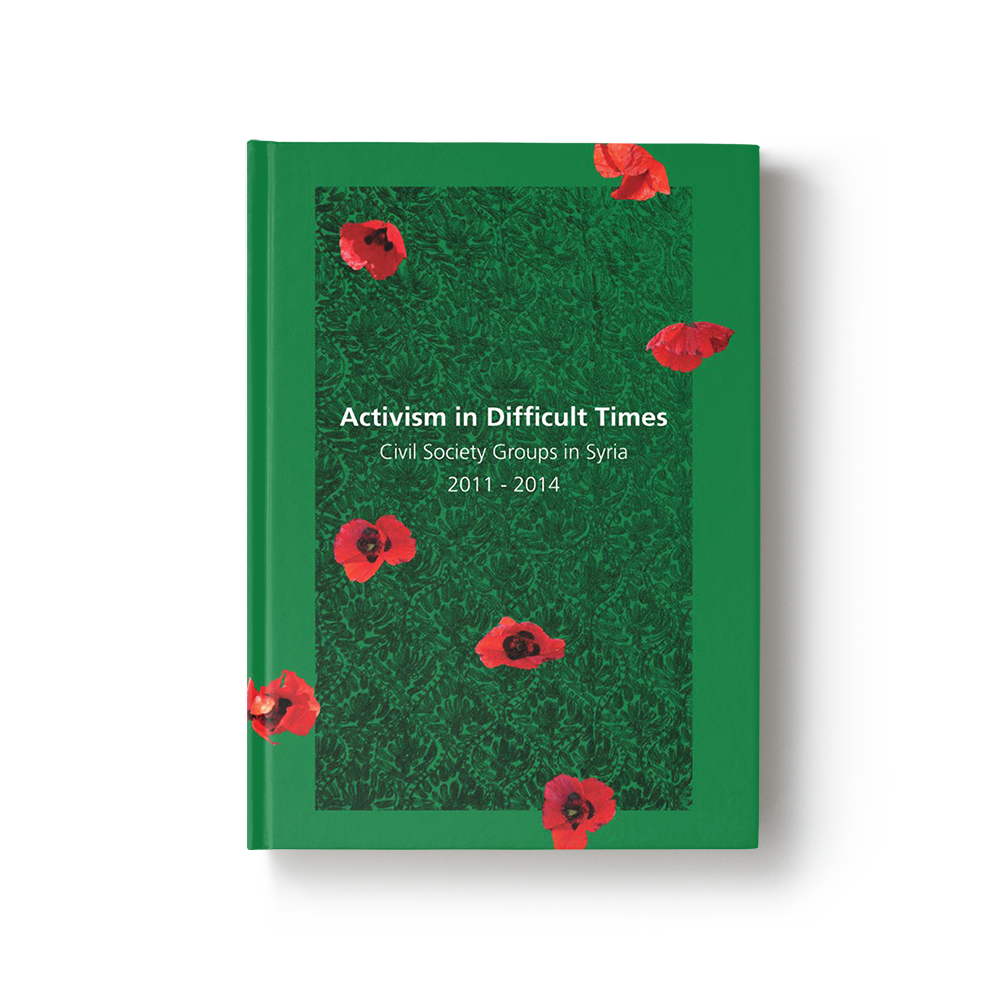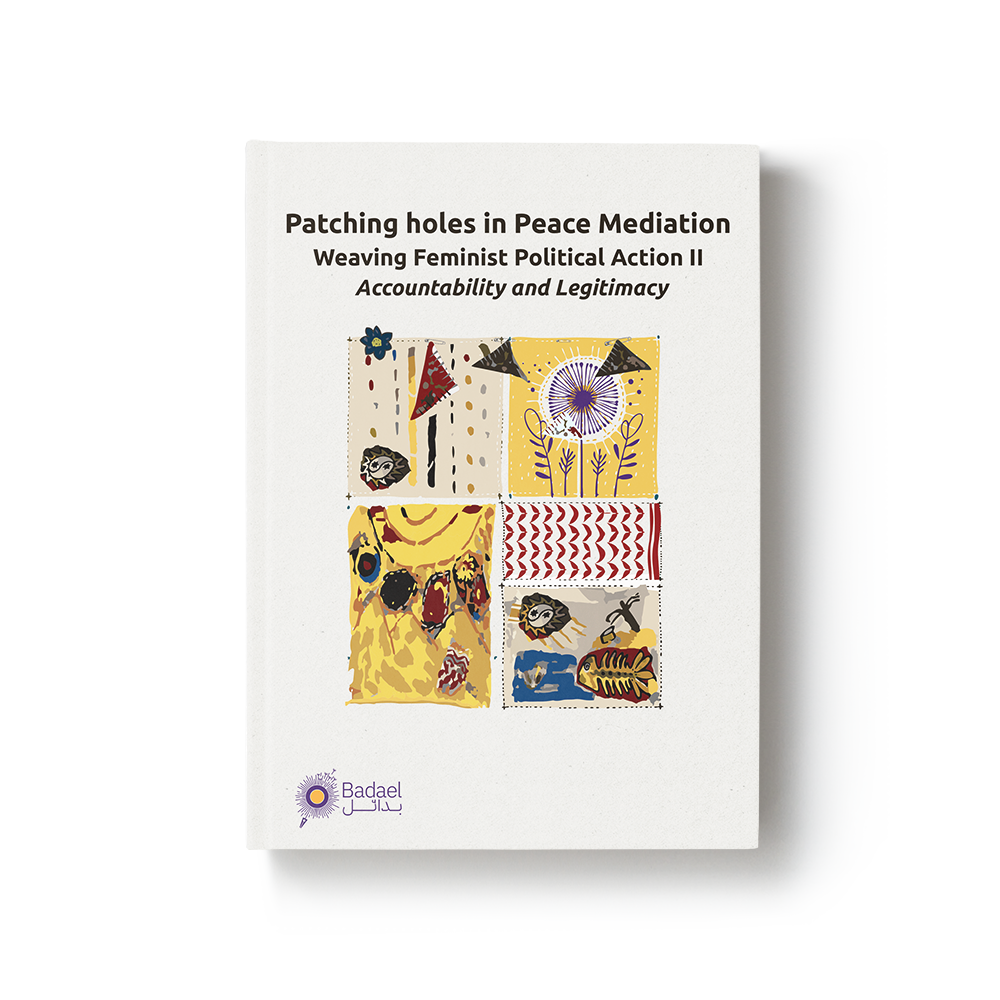
Patching Holes in Peace Mediation
Patching holes in Peace Mediation discusses the importance of creating independent "think spaces" for traditionally excluded groups, particularly women in Syria, to contribute meaningfully to peace mediation efforts. It highlights the limitations of current inclusivity approaches and argues for patient investment in transformative approaches. This publication details how Badael's forums provide a non-prescriptive space for Syrian women to reimagine feminist political action and challenge existing patriarchal and colonial constraints in peacebuilding. It focuses on the second iteration of these forums, exploring legitimacy and accountability in peace mediation, particularly in the context of the EU and UN's involvement in Syria. The report captures participants' visions and identifies key questions for enhancing legitimacy and accountability in peace mediation.



